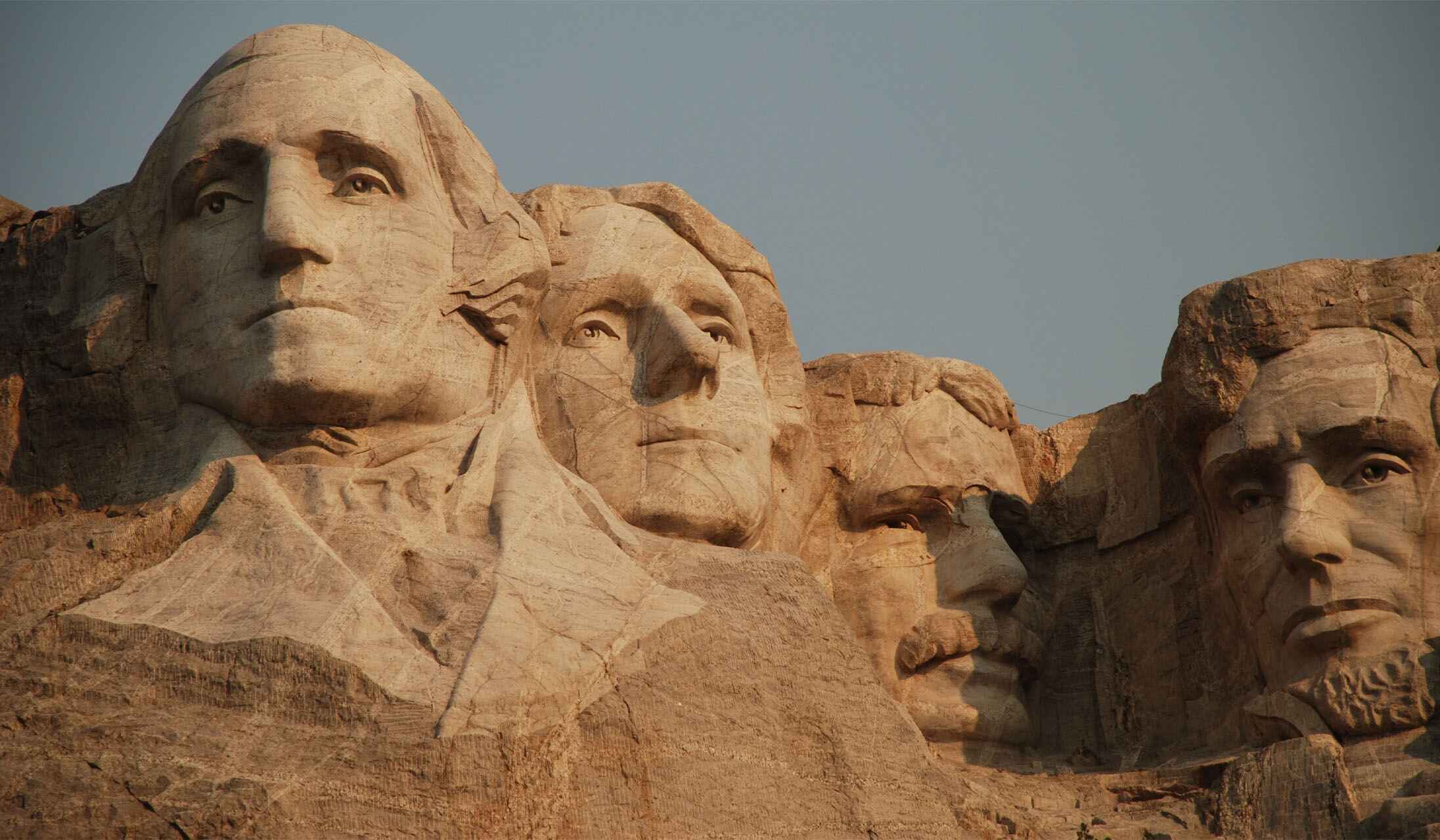
Understanding Political Ideologies: A Beginner's Guide
Details
Introduction
Politics is an integral part of human society, shaping the way we govern ourselves, make decisions, and interact with one another. At the heart of politics are political ideologies, which are sets of beliefs and values that guide individuals and groups in their approach to governance and societal issues. For beginners looking to delve into the world of politics, understanding these ideologies is crucial. In this beginner's guide, we will explore various political ideologies, their core principles, and how they influence our world.
1. What Are Political Ideologies?
Before diving into specific ideologies, let's start with the basics. Political ideologies are comprehensive belief systems that provide a framework for understanding and addressing political issues. They help individuals and groups make sense of complex political landscapes and shape their views on topics like government, economy, society, and individual rights.
Political ideologies serve as roadmaps for political action, influencing the policies and actions of political parties, governments, and social movements. They are like lenses through which people view the world and interpret events.
2. Liberalism: The Champion of Individual Rights
Liberalism is one of the most widely recognized political ideologies, known for its emphasis on individual rights, freedom, and limited government intervention. Liberals advocate for a society where individuals have the autonomy to make choices about their lives, and they view government as a means to protect these freedoms.
Key principles of liberalism include:
- Individual Rights: Liberals believe that individuals have inherent rights, such as the right to free speech, freedom of religion, and the right to own property. These rights should be protected by the government.
- Limited Government: Liberals argue that government should have a limited role in people's lives, intervening only when necessary to protect individual rights and ensure a level playing field in the economy.
- Equality: Liberals often advocate for policies that promote social and economic equality, such as progressive taxation and social safety nets.
3. Conservatism: Tradition and Order
Conservatism, as an ideology, values tradition, stability, and the preservation of established institutions. Conservatives believe that society should be built upon the wisdom of the past, and they are often skeptical of rapid social change.
Key principles of conservatism include:
- Tradition: Conservatives emphasize the importance of preserving cultural traditions, customs, and institutions. They argue that these traditions are essential for maintaining social cohesion.
- Limited Government: Similar to liberals, conservatives generally support limited government intervention in the economy but may be more inclined to protect traditional social norms.
- Individual Responsibility: Conservatives often stress the importance of personal responsibility and self-reliance as a means to address social issues.
4. Socialism: Equality and Redistribution
Socialism is an ideology that advocates for a more equitable distribution of wealth and resources. It challenges the capitalist economic system and calls for collective ownership of key industries and the means of production.
Key principles of socialism include:
- Economic Equality: Socialists argue that wealth and resources should be more evenly distributed among society's members, reducing economic disparities.
- Collective Ownership: Socialists support collective or state ownership of industries, healthcare, and education, viewing it as a means to prevent exploitation and ensure access to essential services.
- Worker's Rights: Socialists emphasize workers' rights, including fair wages, safe working conditions, and the right to unionize.
5. Communism: A Classless Society
Communism is an extreme form of socialism that envisions a classless society where all property is collectively owned, and wealth is distributed according to each individual's needs. While communism has been the foundation of several political systems, it has often been associated with authoritarian regimes.
Key principles of communism include:
- Classless Society: Communists aim to eliminate social classes, viewing class struggle as the root of social inequality and injustice.
- Central Planning: Communism often involves central planning of the economy, where the state determines production and distribution of goods and services.
- Abolition of Private Property: In communist systems, private property is typically abolished, and everything is collectively owned.
6. Fascism: Authoritarianism and Nationalism
Fascism is a far-right ideology that values authoritarianism, nationalism, and the supremacy of the state. It is often characterized by a dictatorial leader and extreme control over society.
Key principles of fascism include:
- Authoritarianism: Fascist regimes are highly authoritarian, with a single leader exercising absolute power.
- Nationalism: Fascists prioritize the interests of their nation above all else, often promoting aggressive nationalism and xenophobia.
- Supremacy of the State: In fascism, the state is supreme, and individual rights and freedoms are subordinate to the state's interests.
7. Anarchism: No Government, No Masters
Anarchism represents the opposite end of the political spectrum from fascism. It advocates for the abolition of government and hierarchical structures, promoting a society based on voluntary cooperation and mutual aid.
Key principles of anarchism include:
- Statelessness: Anarchists argue for the complete elimination of the state and all forms of hierarchical authority.
- Voluntary Cooperation: Anarchism envisions a society where individuals freely cooperate to meet their needs without coercion.
- Anti-Capitalism: Many anarchists are also anti-capitalist, opposing private ownership of resources and advocating for communal ownership.
8. Environmentalism: A New Political Paradigm
Environmentalism is an ideology that emerged in response to the growing concerns about environmental degradation and climate change. While it doesn't fit neatly into the traditional left-right spectrum, it has become a significant political force globally.
Key principles of environmentalism include:
- Environmental Stewardship: Environmentalists emphasize the importance of protecting the planet's ecosystems and natural resources for future generations.
- Sustainability: They advocate for sustainable practices in agriculture, industry, and energy production to reduce humanity's impact on the environment.
- Climate Action: Environmentalists push for policies and actions to combat climate change, reduce carbon emissions, and transition to renewable energy sources.
Conclusion
Political ideologies are complex belief systems that shape our understanding of the world and influence the policies and actions of governments and individuals. This beginner's guide has provided an overview of some of the most prominent political ideologies, but it's important to remember that real-world political beliefs often exist on a spectrum and can be nuanced.
As you continue your journey into the world of politics, keep in mind that many people hold a mix of ideological beliefs, and the political landscape is ever-evolving. Developing a nuanced understanding of these ideologies and their real-world implications is crucial for informed citizenship and effective political engagement. Whether you identify with a particular ideology or remain open to diverse perspectives, a basic grasp of these political frameworks will serve you well in navigating the complex world of politics.



